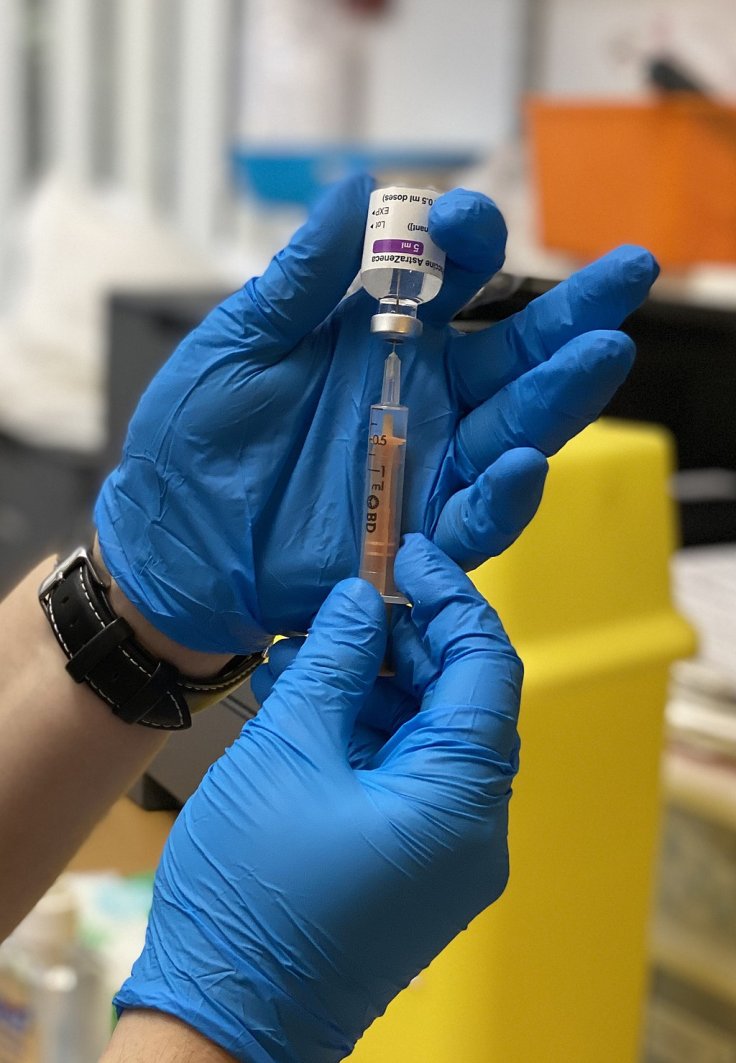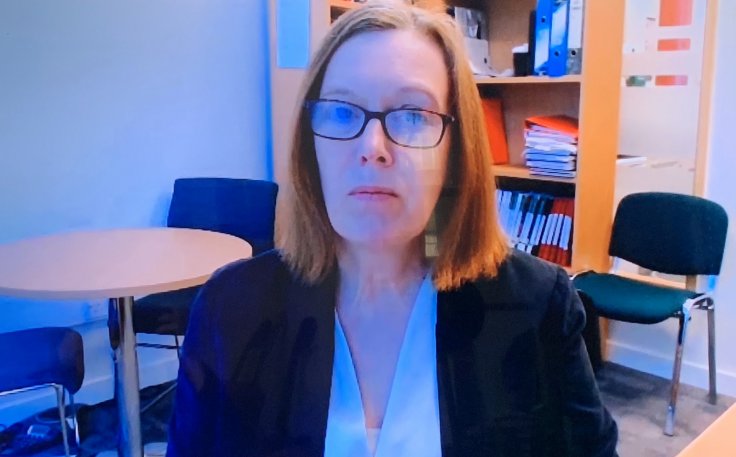A team of researchers, who developed the Oxford University COVID-19 vaccine in collaboration with pharmaceutical company AstraZeneca, are assessing the use of tablets or nasal sprays to replace jabs.
According to a recent report, the lead researcher behind the Oxford-AstraZeneca COVID-19 vaccine, Sarah Gilbert, told a parliamentary committee that the team is thinking about a "second-generation formulation" of COVID-19 vaccines that could replace injections. But she clarified that the development of a pill or nasal spray will take time.

The Alternative
Gilbert, the lead developer behind the Oxford-AstraZeneca vaccine which has been rolled out around the world, said: "All the vaccines have been given at the moment as intramuscular injections. That is not necessarily the best way to provide protection against respiratory virus infection, where we want the immune system to be active in the upper respiratory tract and then in the lower respiratory tract, which is where the virus is causing the infection."
She said that there are flu vaccines that are given by nasal spray. "This could be a very good approach in the future to use vaccines against Coronaviruses," added Gilbert.
According to her, it is also possible to consider oral vaccination where people have to take a tablet that will give the immunization. "That would have a lot of benefits for vaccine rollout — if you didn't need to use the needles and syringes for people," she added.

But Gilbert said both the options will have to be tested—first for safety and then for effectiveness. These first two steps must be followed because the immune responses that will be generated by both of those approaches will be to some extent different from what people are receiving from an intramuscular injection.
Kate Bingham, who chaired the British government's COVID-19 vaccine task force, said that two injections given by healthcare professionals are "not a good way" of delivering vaccines. She told the BBC that the UK needs to get vaccine formats that are much more "scalable and distributable"—and these could be anything, pills or patches or nose sprays.









